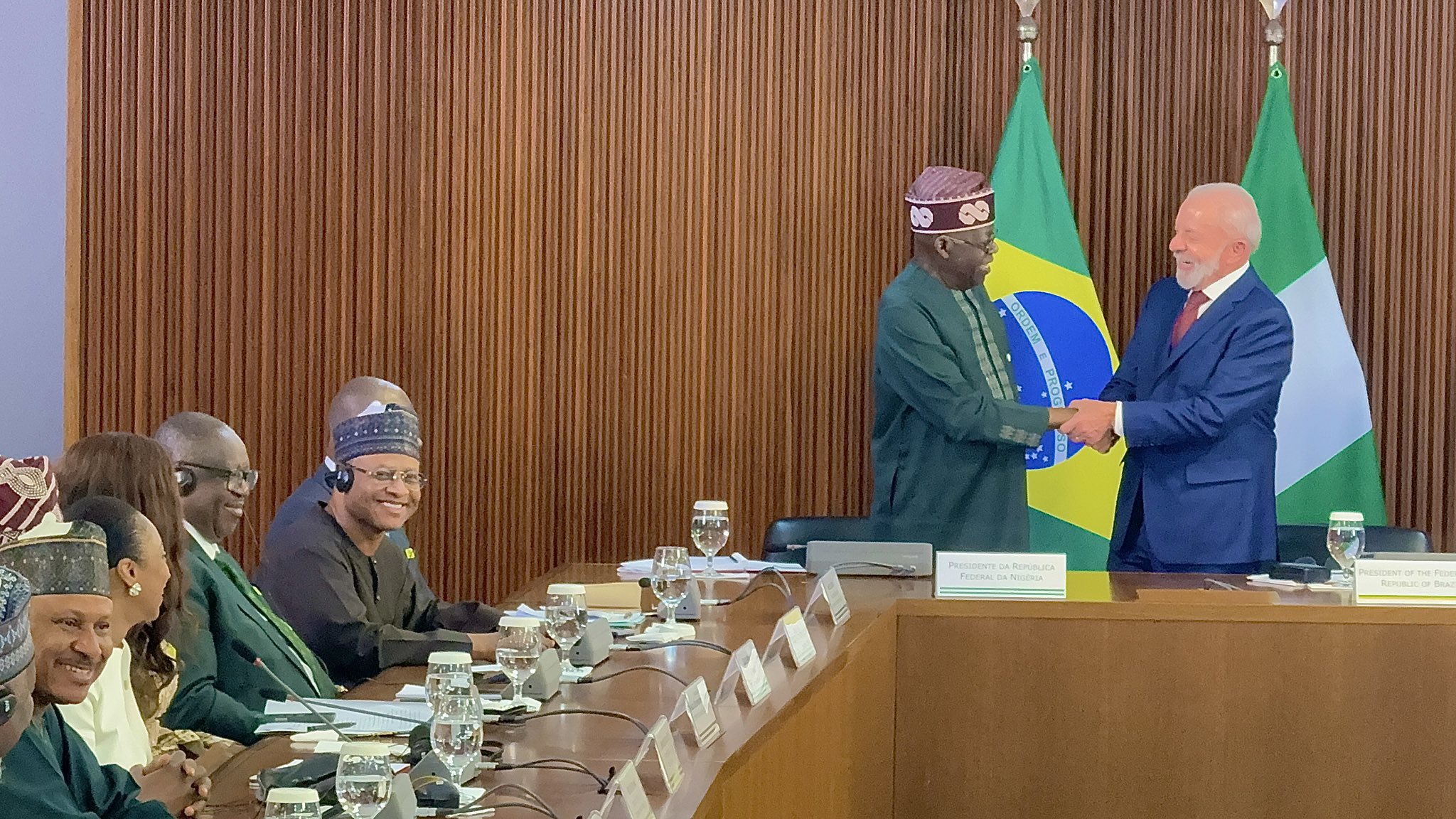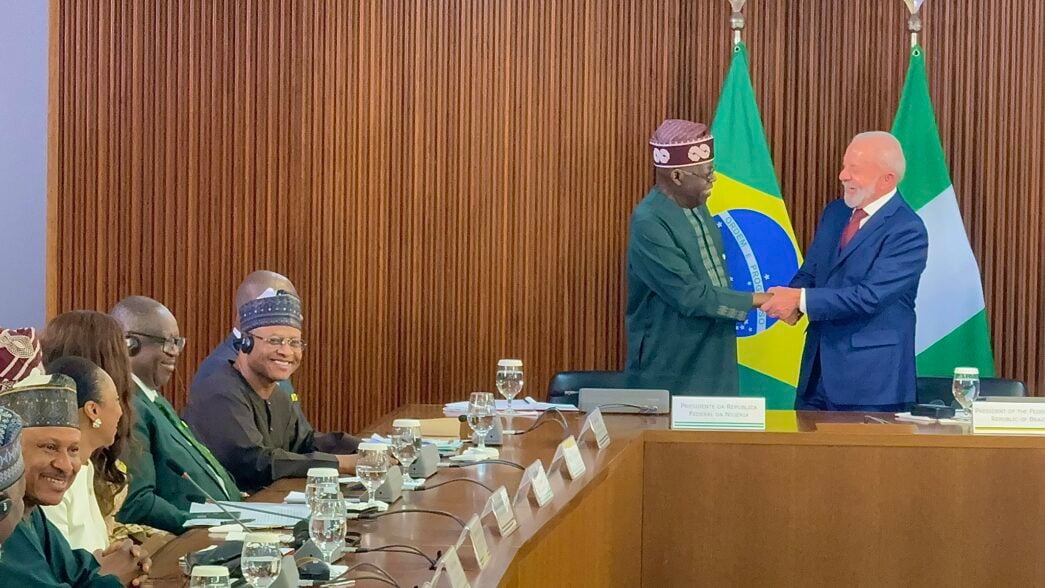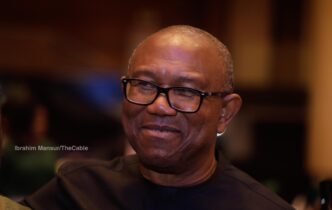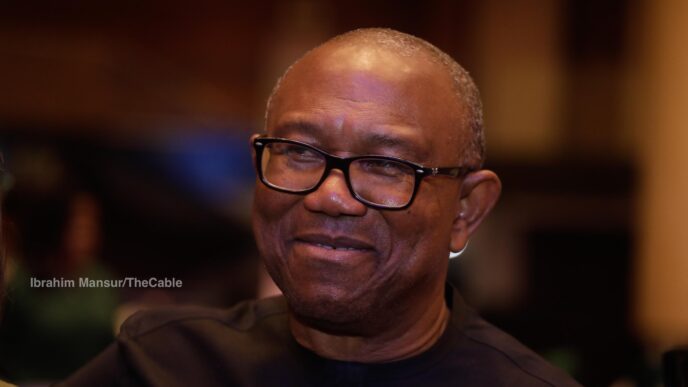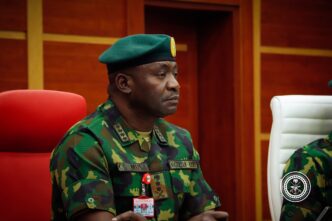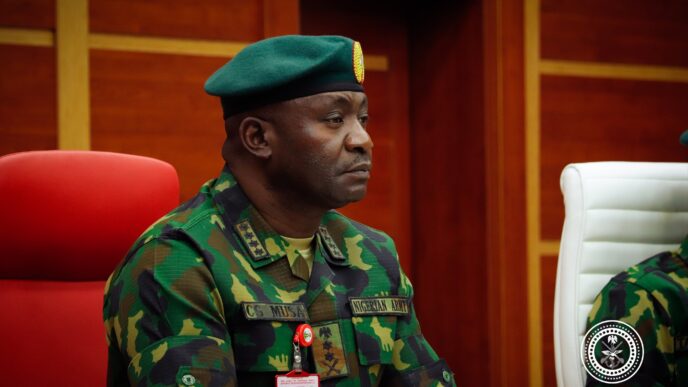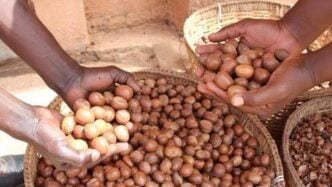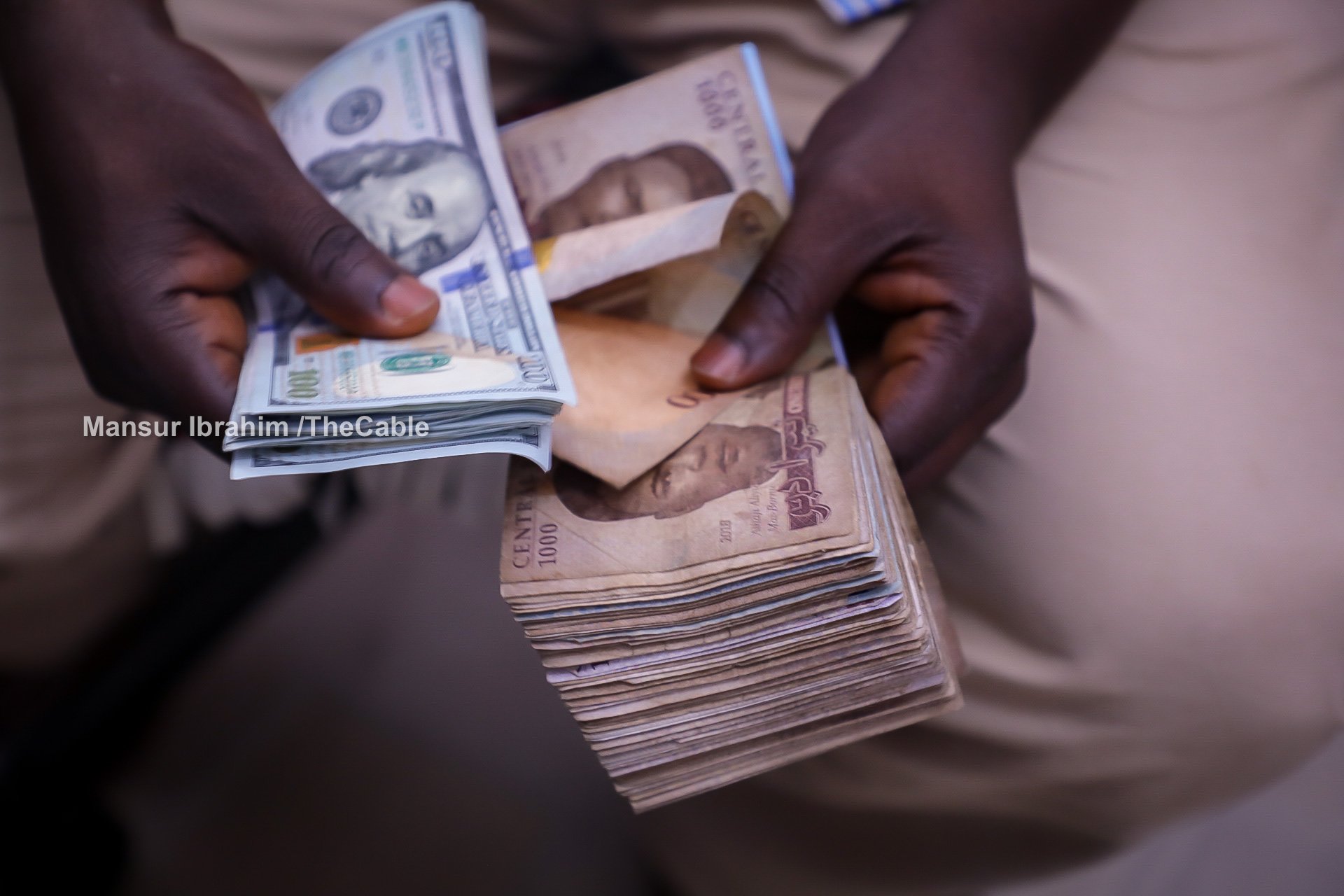BY ALIYU AHMED ALIYU
In an era where the clamour of global diplomacy often drowns the voice of meaningful intent, President Bola Ahmed Tinubu has charted a distinctly focused course, one rooted in a resolute commitment to tangible outcomes for Nigeria and its people. Since assuming office in 2023, he has operated with an unflinching sense of purpose: to restore the nation’s dignity, redefine its global relevance, and reimagine its domestic possibilities. The President’s recent state visit to Brazil was emblematic of this strategic diplomacy: not merely ceremonial, not performative, but substantively transformative.
Brazil and Nigeria, two titans of the Global South, share more than the accident of geography or the mutual echoes of post-colonial struggle. They are bound by immense potential for cooperation across agriculture, aviation, technology, innovation, and trade. And in the lush diplomatic corridors of Brasília, these latent affinities were finally given structure. But perhaps even more remarkable than the diplomatic choreography was the powerful subnational narrative that emerged from the visit; one in which Kaduna State, under the astute and forward-thinking leadership of Governor Uba Sani, seized the moment with rare clarity and resolve.
President Tinubu’s visit was punctuated by high-level bilateral engagements with President Luiz Inácio Lula da Silva and his cabinet, culminating in the signing of pivotal agreements that spanned critical sectors. These included a Bilateral Air Services Agreement between the aviation ministries of both nations, designed to ease mobility, boost tourism, and facilitate cargo exchange. Diplomatic training and political consultations were formalized through accords between the respective foreign ministries, setting the stage for deeper strategic dialogue.
Most critically, Nigeria’s Minister of Science, Innovation and Technology and his Brazilian counterpart signed a forward-looking memorandum of understanding covering digital transformation, biotechnology, ocean science, energy innovation, and raw materials research. This, along with another significant agreement between Nigeria’s Bank of Agriculture and Brazil’s National Bank for Economic and Social Development (BNDES), promised to unlock vast opportunities in agricultural finance, rural development, and agro-industrial integration. It is estimated that these agreements could attract over $30 billion in investments to Nigeria in the coming years.
Advertisement
Amid these grand gestures of national alignment, the presence of Governor Uba Sani as part of President Tinubu’s delegation signaled the beginning of a new paradigm; one in which Nigerian states no longer wait passively for federal trickle-down, but rather, participate actively in shaping international partnerships tailored to their unique economic aspirations. Governor Sani’s conduct during the visit was nothing short of visionary. Representing not just Kaduna but the future of subnational engagement in Nigeria, he moved with precision and preparedness, leveraging the diplomatic atmosphere to negotiate development compacts that directly address the core needs of his state.
The agreements signed by Kaduna State on the sidelines of the Brazil visit read like a manifesto of purposeful governance. With SAMPRES, a leading Brazilian dairy enterprise, the state committed to introducing Girolando dairy genetics and reproductive technologies aimed at establishing a nucleus herd with superior milk yield. The goal is as strategic as it is urgent: to reduce Nigeria’s unsustainable dairy import dependency while positioning Kaduna as a regional dairy powerhouse. This is not dairy for the sake of symbolism. It is dairy as infrastructure, as industry, and as employment.
In partnership with CAMPO, another Brazilian agribusiness leader, Kaduna State will initiate the conversion of underutilized land into productive agricultural zones. This transformation will be powered by advanced soil correction technologies, modern irrigation systems, and mechanized farming protocols, all engineered to build robust crop value chains in maize, rice, soybeans, cotton, and livestock. The vision is simple: to move from subsistence to surplus, from vulnerability to value-addition, and from import dependence to food sovereignty.
Advertisement
Recognising that agriculture without skills is a recipe for stagnation, Governor Uba Sani also secured an agreement with SENAI, Brazil’s foremost technical and vocational training institution. This collaboration will see the co-development of a curriculum across thirteen technical disciplines; from data analytics to aluminum fabrication and hospitality. It will include dual certification, joint training of trainers, and institutional strengthening of Kaduna’s newly established Vocational Training Institutes. This is not an abstract education policy. It is a deliberate bet on youth, on competence, on a labour force ready for both local industry and global opportunity.
Governor Sani understands that skills are not acquired in ivory towers, but in purpose-built centers designed for rigour, relevance, and recognition. Hence, his administration established three Vocational Training Institutes — in Rigachikun, Soba, and Samaru Kataf — all commissioned by President Tinubu himself in June 2025. These centers are now recognised by the National Board for Technical Education as Nigeria’s most advanced hubs of vocational excellence. They offer a blend of traditional crafts and cutting-edge disciplines: from welding and solar installation to artificial intelligence and smart agriculture. They represent the future of employability in a world no longer moved by degrees alone.
The transformation of Panteka Market, Africa’s largest informal skills ecosystem, further illustrates the Governor’s nuanced understanding of human capital development. What was once an unregulated sprawl of apprentices and craftsmen has now been integrated into the Nigerian Skills Qualification Framework. Equipped with state-of-the-art tools and training infrastructure, the market now supports over 38,000 learners, preserving indigenous craftsmanship while embedding modern certification standards that open doors to formal employment and international recognition.
This holistic approach to development finds its deepest expression in the state’s agricultural revolution. Under Uba Sani, Kaduna has not only increased its agricultural spending to exceed the 10 percent Malabo Declaration benchmark; it has redefined how agricultural investment is conceived and delivered. In 2025 alone, over 100,000 smallholder farmers received free fertilizer, two bags each, under a restructured distribution scheme that prizes transparency and inclusion. Commercial farmers received up to 10 bags at a deeply subsidized rate of ₦30,000, well below market cost. Yet the most revolutionary aspect is that all 100,000 smallholder beneficiaries were automatically enrolled in a crop risk insurance scheme. This subtle but strategic innovation insulates them from the shocks of climate volatility, pest invasions, and market collapse. It is agriculture with a safety net; a rarity in most of sub-Saharan Africa.
Advertisement
Security, long a thorn in the side of Kaduna’s agricultural ambitions, has been addressed through intelligence-driven community partnerships and the reopening of previously inaccessible farmlands. Over 20,000 hectares of land are currently being ccultivated, with irrigation systems now deployed to ensure year-round farming. It is a bold response to a perennial problem, and one that aligns with the state’s broader vision of food self-sufficiency.
This singular focus on all-season productivity is critical in a state where agriculture contributes 42 percent of GDP and employs over 60 percent of the population. By extending farming into the dry season and linking it to storage, processing, and export value chains, Kaduna is not only stabilizing rural incomes; it is structurally transforming its economy.
Governor Sani’s approach is neither romantic nor haphazard. It is grounded in numbers, driven by data, and executed with policy fidelity. Between 2023 and 2025, the agricultural budget surged from ₦1.48 billion to ₦74.02 billion; a 4,871 percent increase. With pending supplementary allocations, that figure could soon reach 14 percent of the total budget, making Kaduna an outlier in a country where agriculture is too often treated as a political afterthought.
Indeed, the state’s Special Agro-Industrial Processing Zone (SAPZ), launched on April 8, 2025, in partnership with the Federal Government and the African Development Bank, is poised to become the heartbeat of Kaduna’s agro-industrial renaissance. Sited in Daki-Takwas, Chikun Local Government, the SAPZ is a self-contained development corridor housing clusters for production, processing, packaging, and logistics. It is a fully integrated value chain ecosystem with strategic focus on high-yield crops: ginger, tomatoes, soybeans, maize; coupled with cold-chain systems and market access support.
Advertisement
The AfDB’s $934 million commitment to SAPZs across Africa finds in Kaduna a model for replication. The state’s leadership in aligning agriculture with export readiness is further evidenced by the ongoing development of an Agricultural Quality Assurance Centre, which will test, certify, and grade produce for international markets, especially under the African Continental Free Trade Area (AfCFTA). In Kaduna, quality is not an afterthought; it is the threshold of participation in a globalized economy.
This seriousness of purpose extends to infrastructure. Rural roads that had long been neglected are being rehabilitated to link farms to processing hubs and urban markets, drastically reducing post-harvest losses. The Dry Season Agricultural Empowerment Programme, launched in 2024, provided targeted support to ginger farmers, solar-powered irrigation for vegetable growers, and extensive vaccination for livestock herders. Every sector, every season, every farmer, touched by policy, supported by budget, and protected by foresight.
Advertisement
In all of this, the quiet force propelling Kaduna forward remains President Bola Ahmed Tinubu’s economic reform agenda. By clearing the $7 billion foreign exchange backlog, harmonizing exchange rates, and reaffirming investor confidence, President Tinubu has restored Nigeria’s credibility on the global stage. Governor Uba Sani’s ability to leverage that credibility in Brazil speaks volumes. “No investor wants to come in if they can’t repatriate their funds,” Governor Uba Sani said candidly, while in Brazil. Now, with macroeconomic sanity re-established, subnational actors like Kaduna can negotiate with confidence, clarity, and conviction.
The Brazil state visit will be remembered not only for its diplomatic elegance but for the profound ways in which it empowered domestic actors to rewrite their own development scripts. Kaduna, through the genius of Governor Uba Sani, did not merely attend: it participated, it negotiated, it secured. And now it builds.
Advertisement
Where once foreign policy was seen as the exclusive preserve of federal institutions, a new era is dawning; one in which subnational leaders with vision, preparation, and political will can shape their destinies on the world stage. The handshake in Brasília was not just symbolic. For Kaduna, it was the beginning of a harvest.
Aliyu, a journalist, resides in Kawo, Kaduna.
Advertisement
Views expressed by contributors are strictly personal and not of TheCable.
